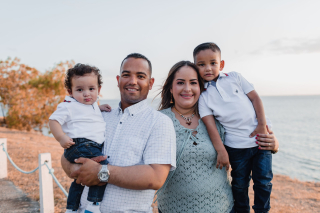 Among the top three reasons for an estate plan are to make sure that your assets are distributed according to your wishes, helping your loved ones from having to pay more taxes than necessary and if possible, avoiding having your estate go through probate.
Among the top three reasons for an estate plan are to make sure that your assets are distributed according to your wishes, helping your loved ones from having to pay more taxes than necessary and if possible, avoiding having your estate go through probate.
When there are minor children or family members with special needs, it’s critical to have an estate plan, advises the Capital Press in the article, “Ag Finance: Why you need to do estate planning.”
While it’s likely that most adult children can work things out, even if it’s costly and time-consuming in probate, minor young children need protection. Wills are frequently written, so the estate goes to the child when he or she reaches age 18. However, few teens can manage big property at that age. A trust can help, by directing that the property will be held for the child by a trustee or executor until a set age, like 25 or 30.
 Houston Estate Planning and Elder Law Attorney Blog
Houston Estate Planning and Elder Law Attorney Blog









